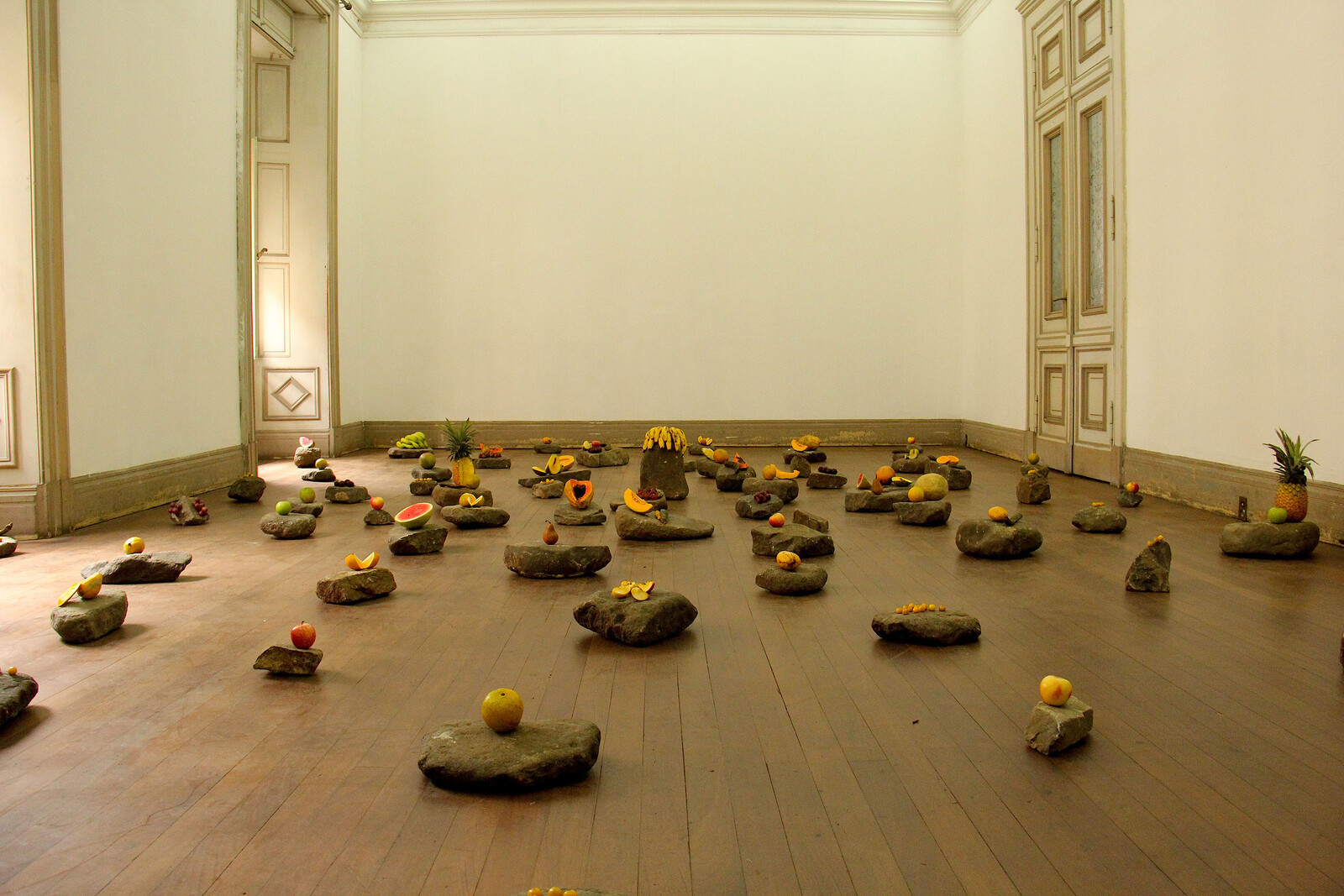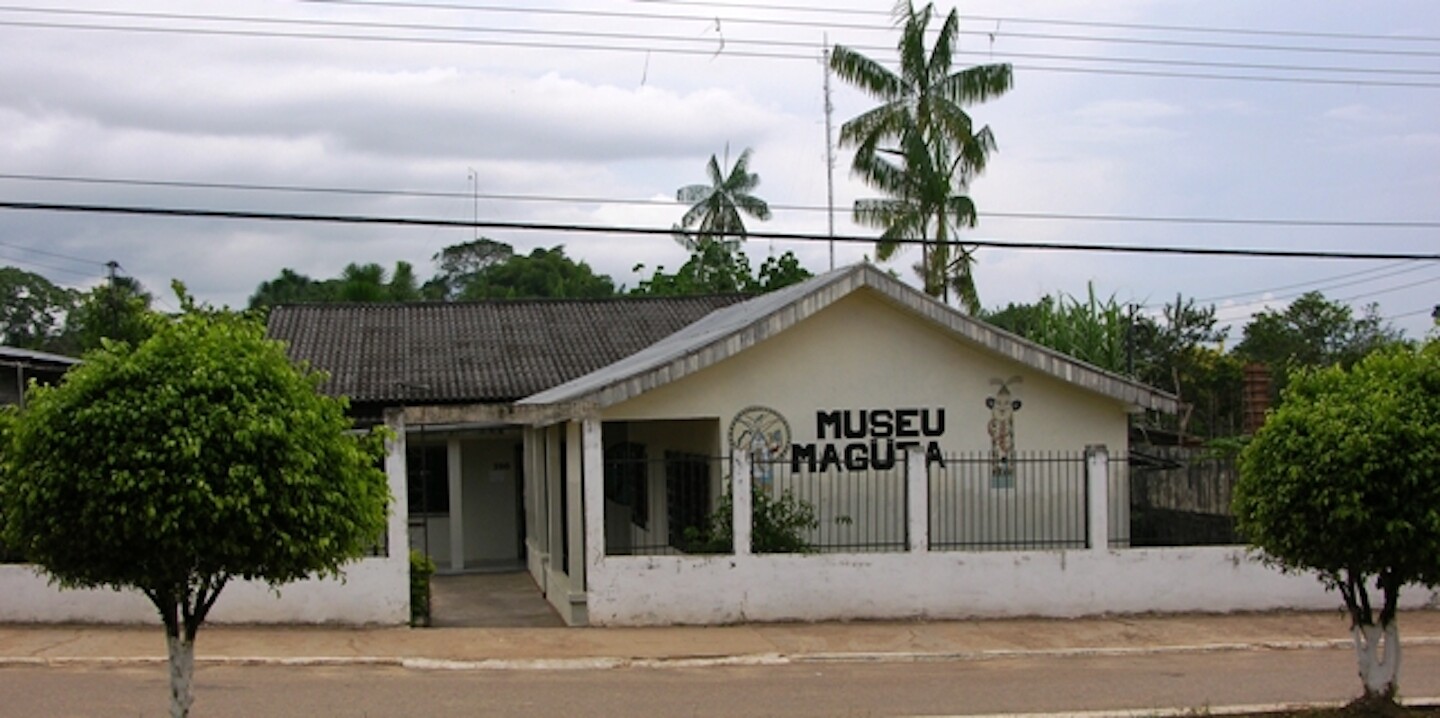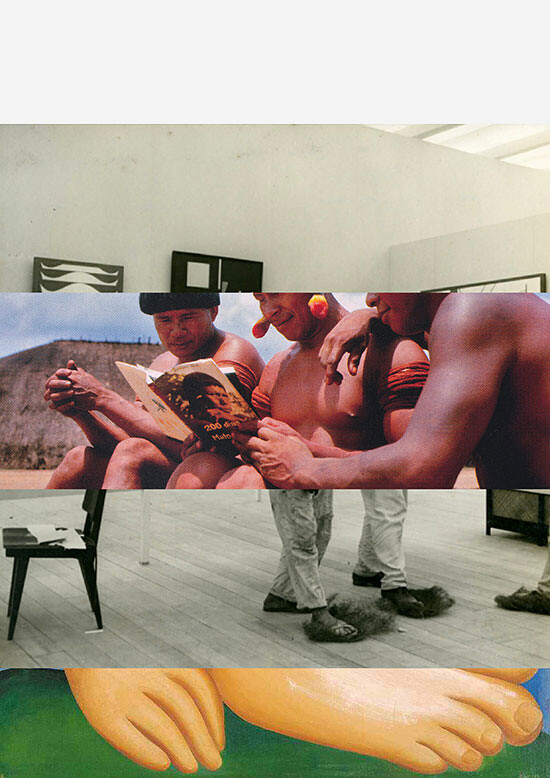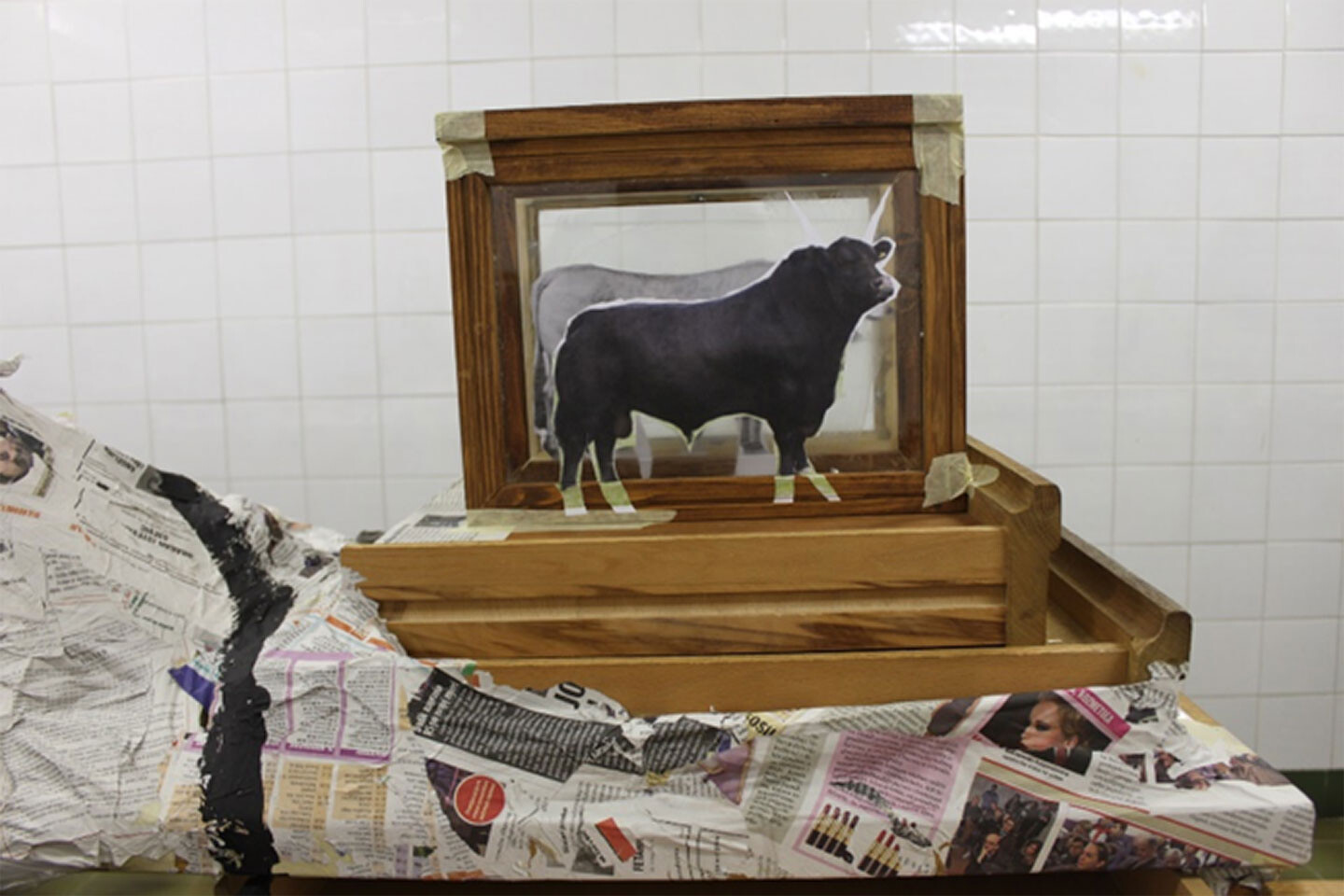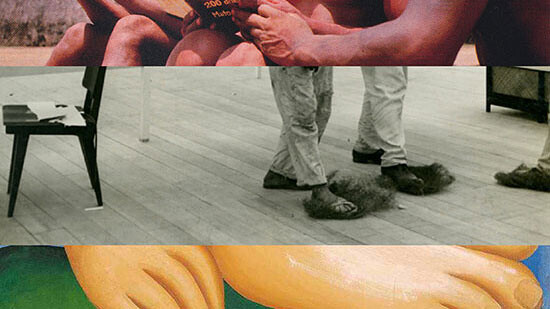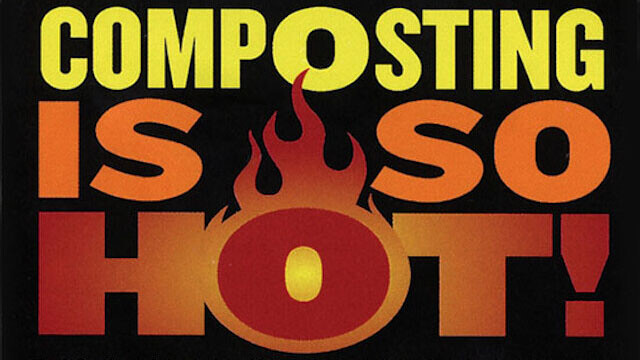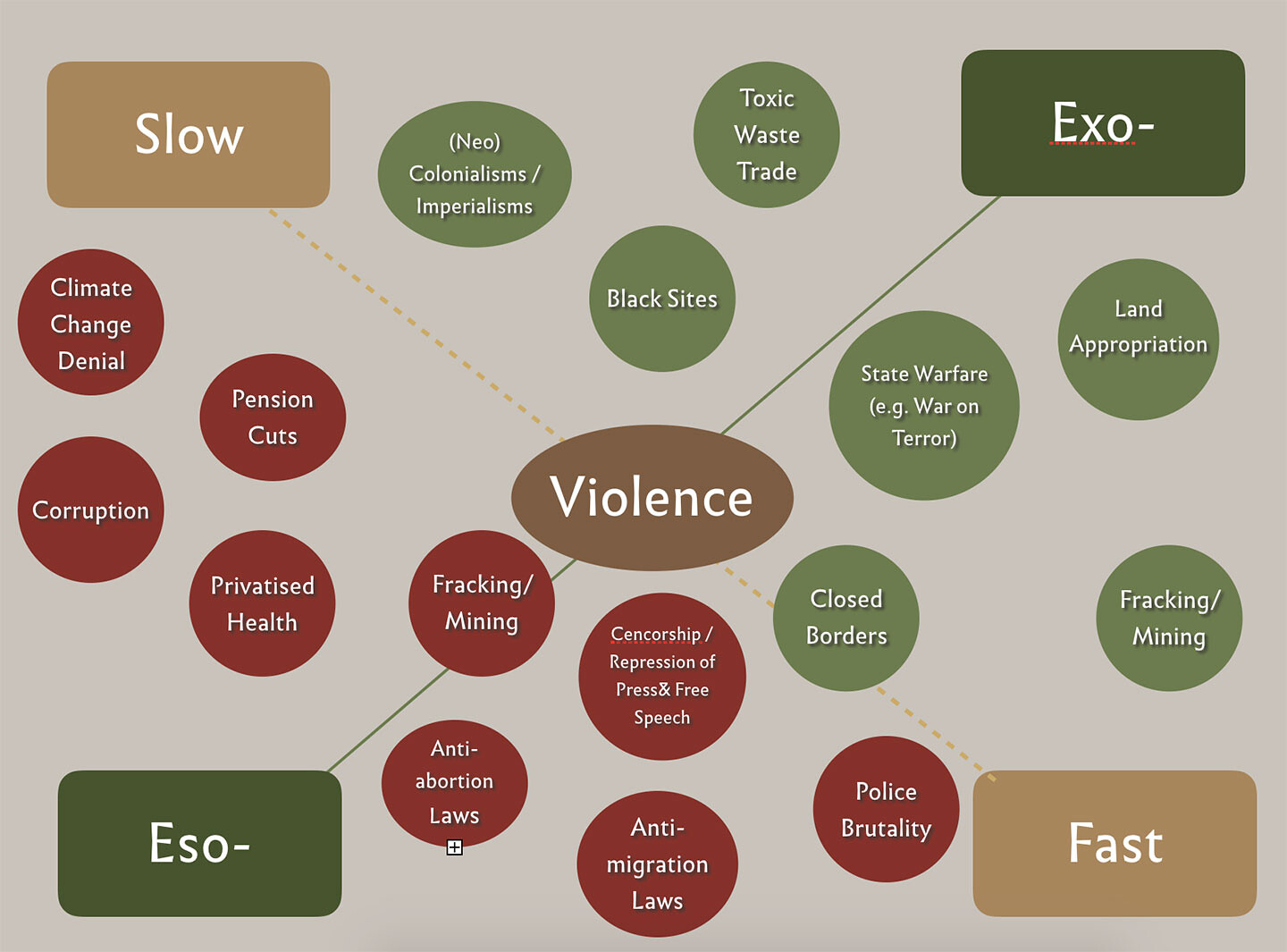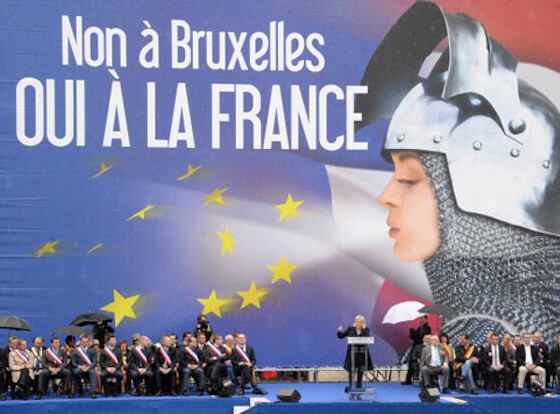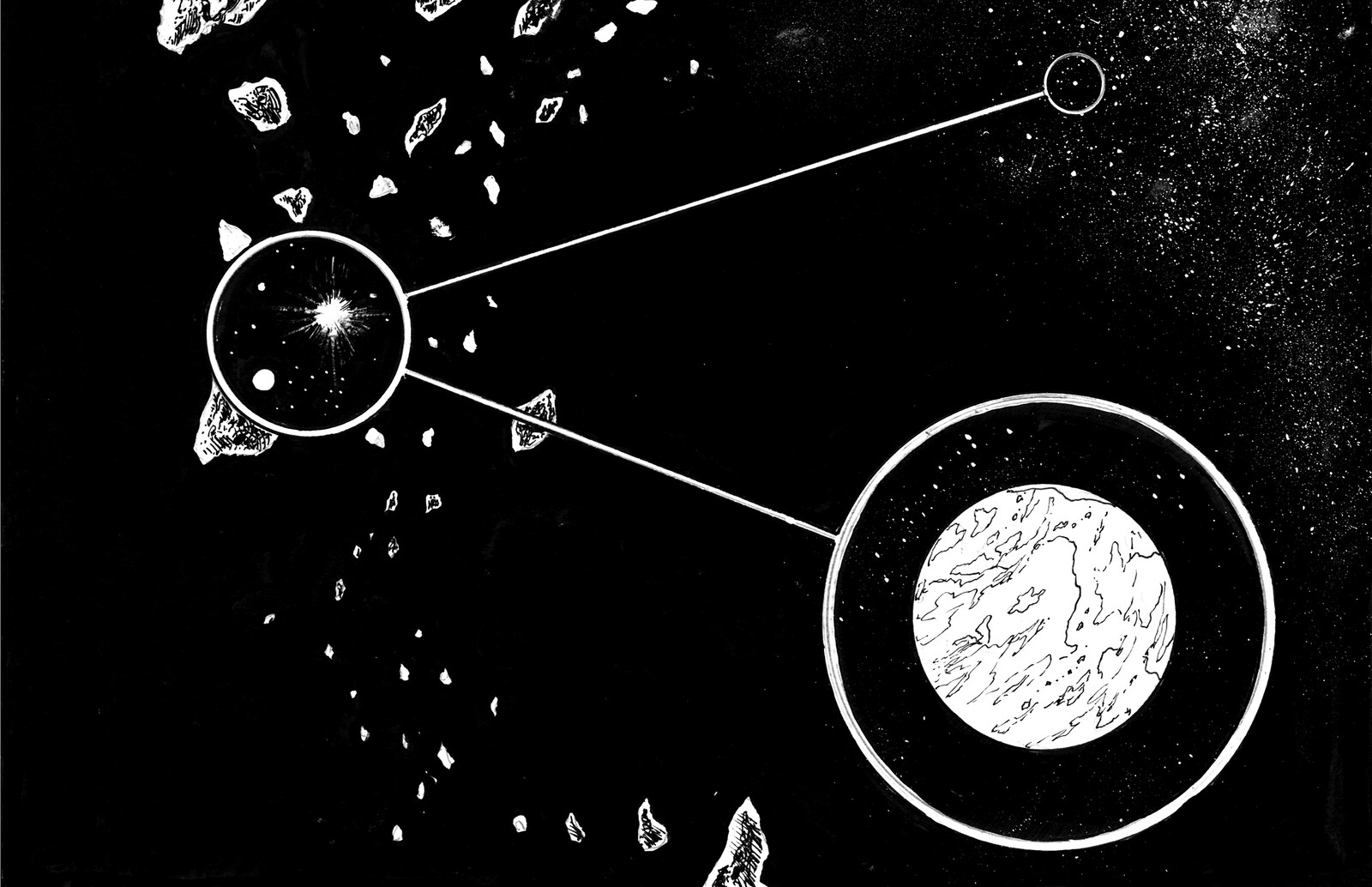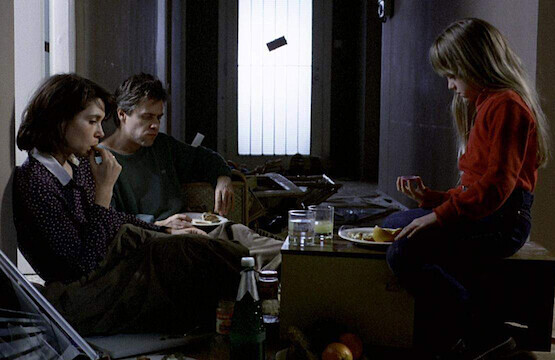María Iñigo Clavo Read Bio Collapse
María Iñigo Clavo is an associate professor at the Universitat Oberta de Catalunya in Arts and Humanities Studies. For three years she was a FAPESP postdoctoral researcher at the University of São Paulo. She is the cocurator of the Leandre Cristòfol Biennial at the La Panera Art Centre in Spain—on the theme of extractivism and resistance between Spain and Latin America—and of the preamble to the Biennial, a solo exhibition by Ignacio Acosta.
Textiles express ancestral knowledge of geometry and mathematics connected to the Mayan worldview, incorporating elements of politics, nature, history, and memory. Each community has different colors, embroideries, and figures that have been passed down from generation to generation. As the slogan of the National Movement of Women Weavers says: “The weavings are the books that colonialism could not burn.”
I agree with the above critics that these artworks create spectacles out of non-Western cultural practices, and that there are dangers in bringing rituals into the art space. Yet I am also concerned with how the criticism reflects limitations of translation, as these limitations will always mislead us into interpreting these artworks as exercises of spectacularization or performance, corrupting the essence of the ceremonies. In using translation as a tool to understand the unknown, what potentialities are we missing?
Sonia D‘Alto
Önder Özengi
e-flux journal editors
Clemens Finkelstein


